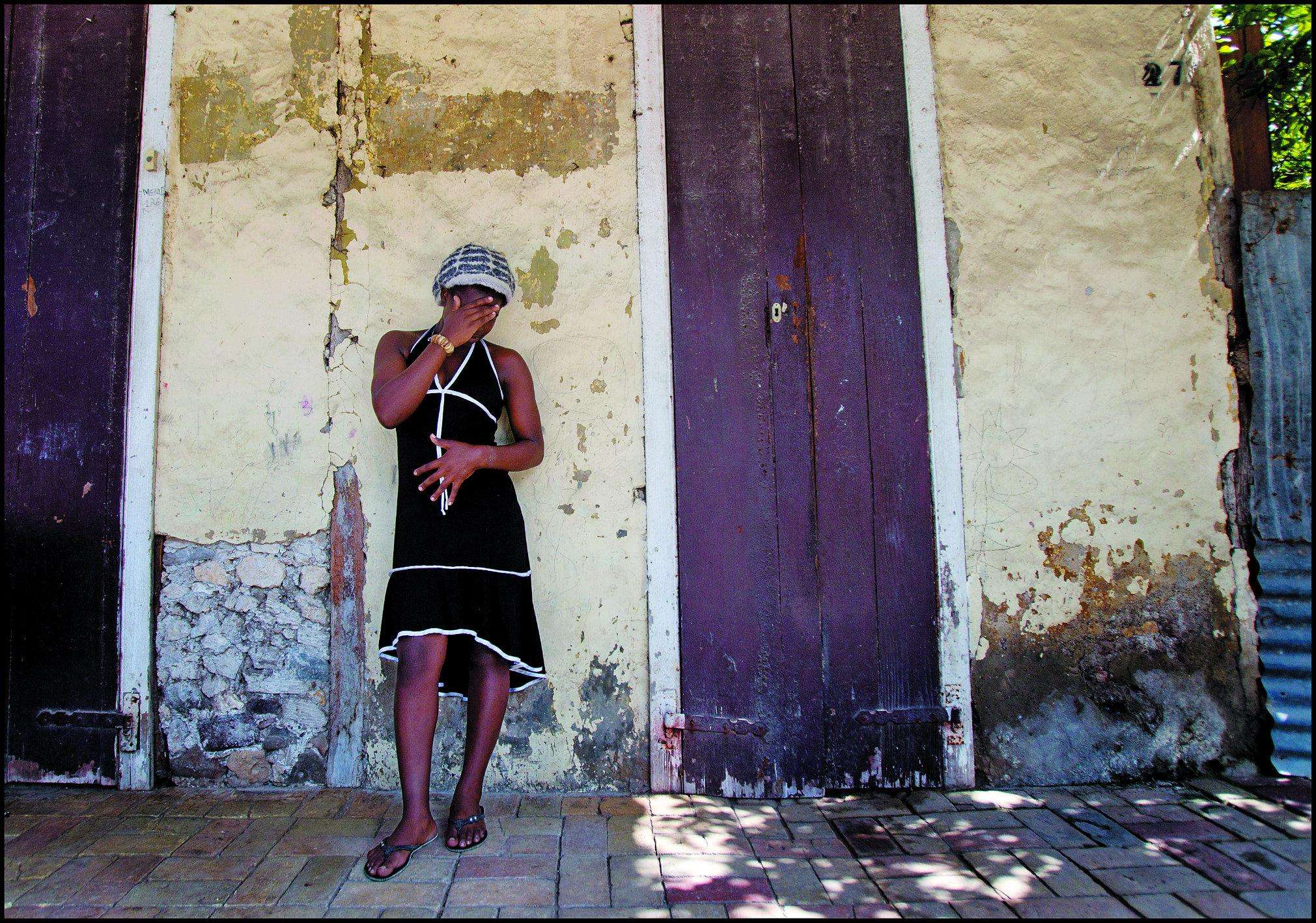Providing sexual and reproductive health care to women and girls is an integral part of our work. Our teams offer pre- and postnatal care, as well as emergency obstetrics. In 2018, we assisted more than 309,000 births, including Caesarean sections. We know that most maternal deaths occur just before, during, or just after delivery. So timely access to qualified staff can be a question of life or death for women experiencing complications during childbirth. MSF works to remedy the 'three delays' women face in receiving care during childbirth: the delay in deciding to seek care, the delay in reaching a health center, and the delay in receiving adequate treatment.
We also offer a range of contraception options to women at our projects. Providing contraception can help prevent death and injury by reducing the number of unplanned pregnancies, which can be dangerous for women with little access to health care. Greater access to contraception helps reduce the number of unsafe abortions.












